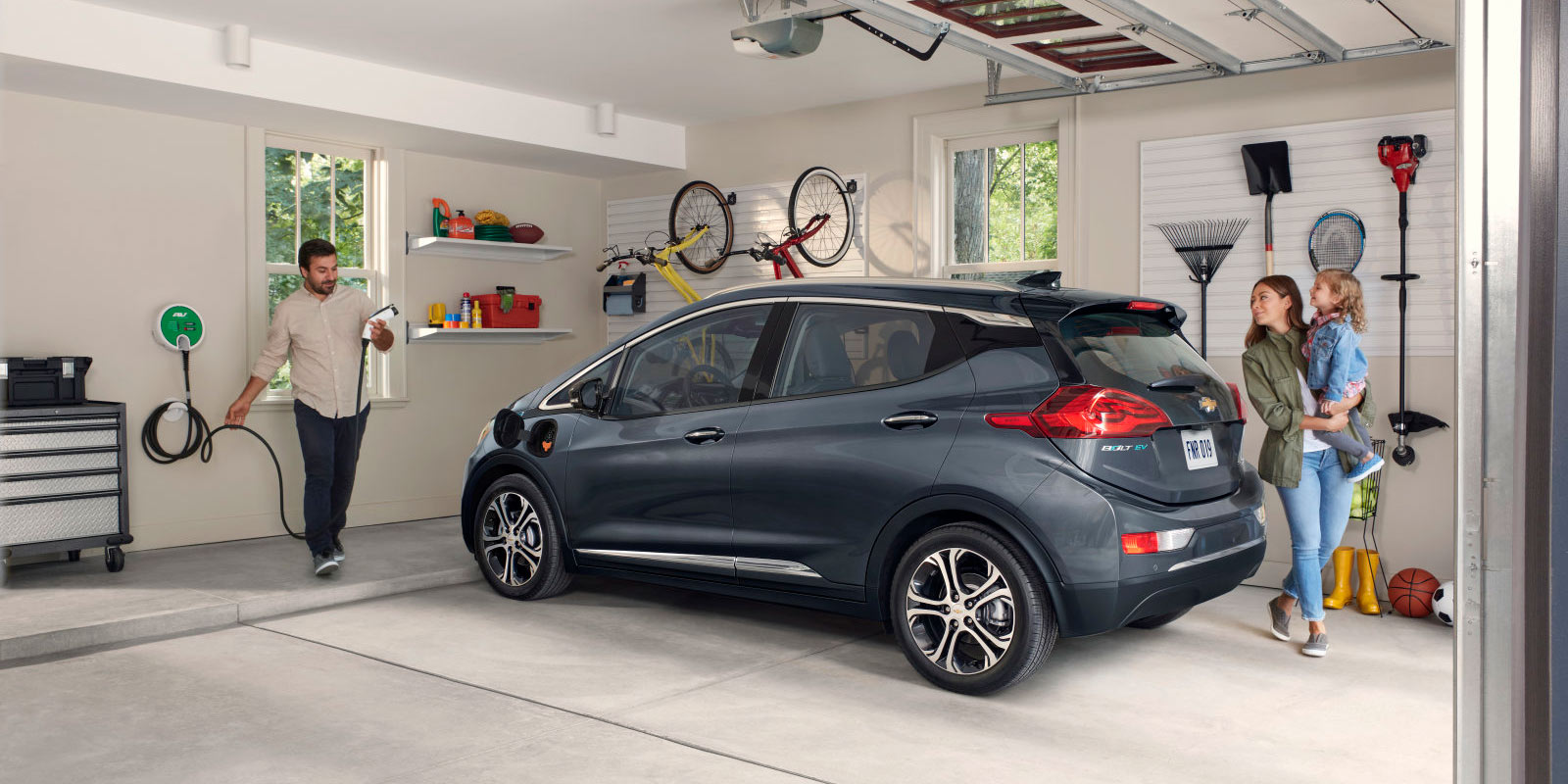Follow greencarreports on.
Electric car charging current draw.
We have updated it to reflect the current state of electric car charging a topic that continues to draw interest among existing and prospective electric car buyers.
Thus we always recommend installing a minimum of a 7kw chargepoint in the home even if the current car will only take 3 6kw.
Since the battery pack in jon s car normally needs 12 to 15 kilowatt hours for a full recharge it can take 10 to 12 hours to fully charge the vehicle using this technique.
Print typical ev electrical vehicle charging stations diagram.
From the diagram above a small single phase ac 230v 16 amps charging station can deliver max 3 7 kw.
The 7kw 22kw charging station will not overpower the vehicle it has an on board charge controller which will regulate what it will draw.
Example fast charger.
I don t have figures for the clarity specifically but from my own 3 years of metering charging for our 2011 leaf plus experience of others i ve talked to about this it appears that a decent rule of thumb for line losses and other parasitic consumption of power on 240 volt charging systems is about 15 20 for approx.
By using a 240 volt circuit such as the outlet for an electric dryer the car might be able to receive 240 volts at 30 amps or 6 6 kilowatt hours per hour.
These chargers can be plugged with one end into any standard 120v outlet with the other end being plugged directly into the car.
Example small charging station.
A higher charger amperage a will allow you to charge faster only if your electric car can take the power delivered by the charging station.
Current battery systems for electric cars typically use voltage levels between 200 and 800 v.
For 120 volt household current in the u s that.
Level 1 charging happens when you charge an electric vehicle ev using the charger included with the car.
It can charge 200 kilometers 124 miles in 20 hours.

